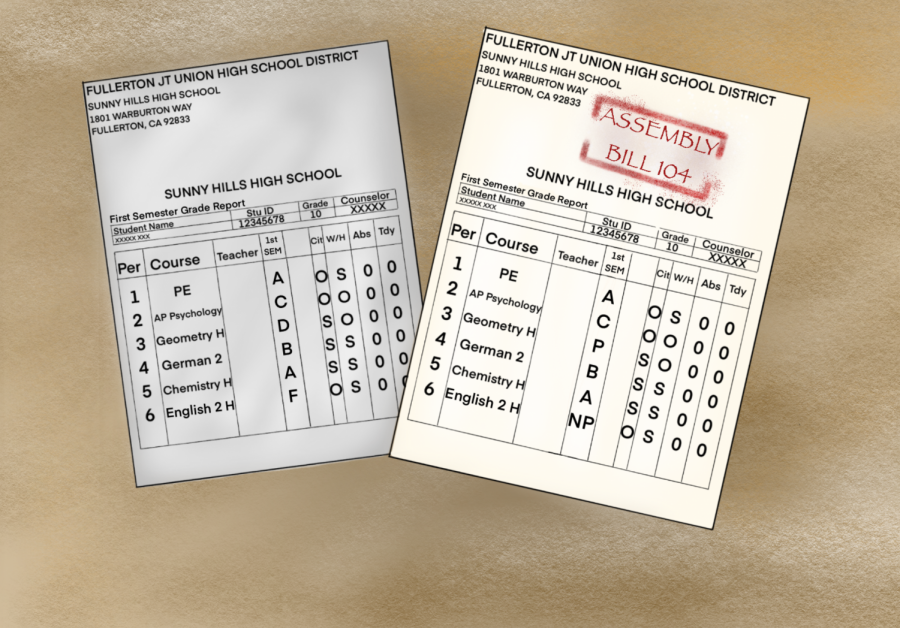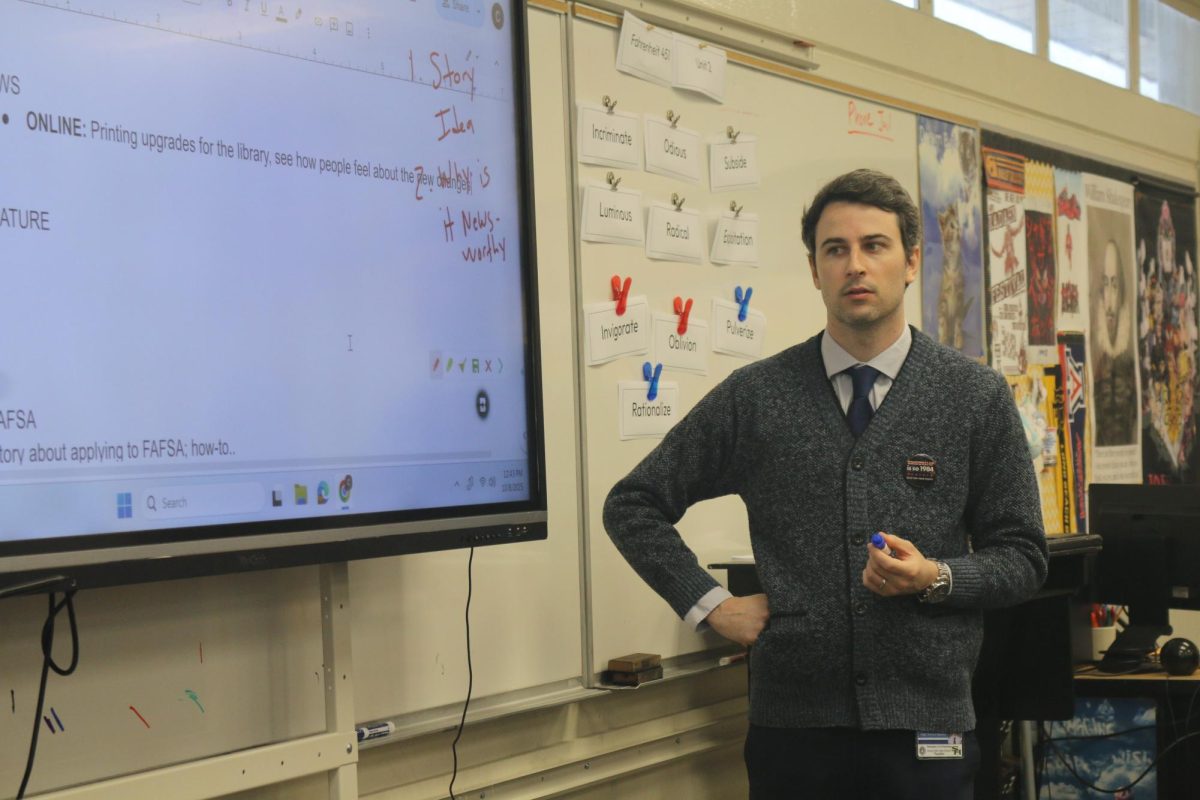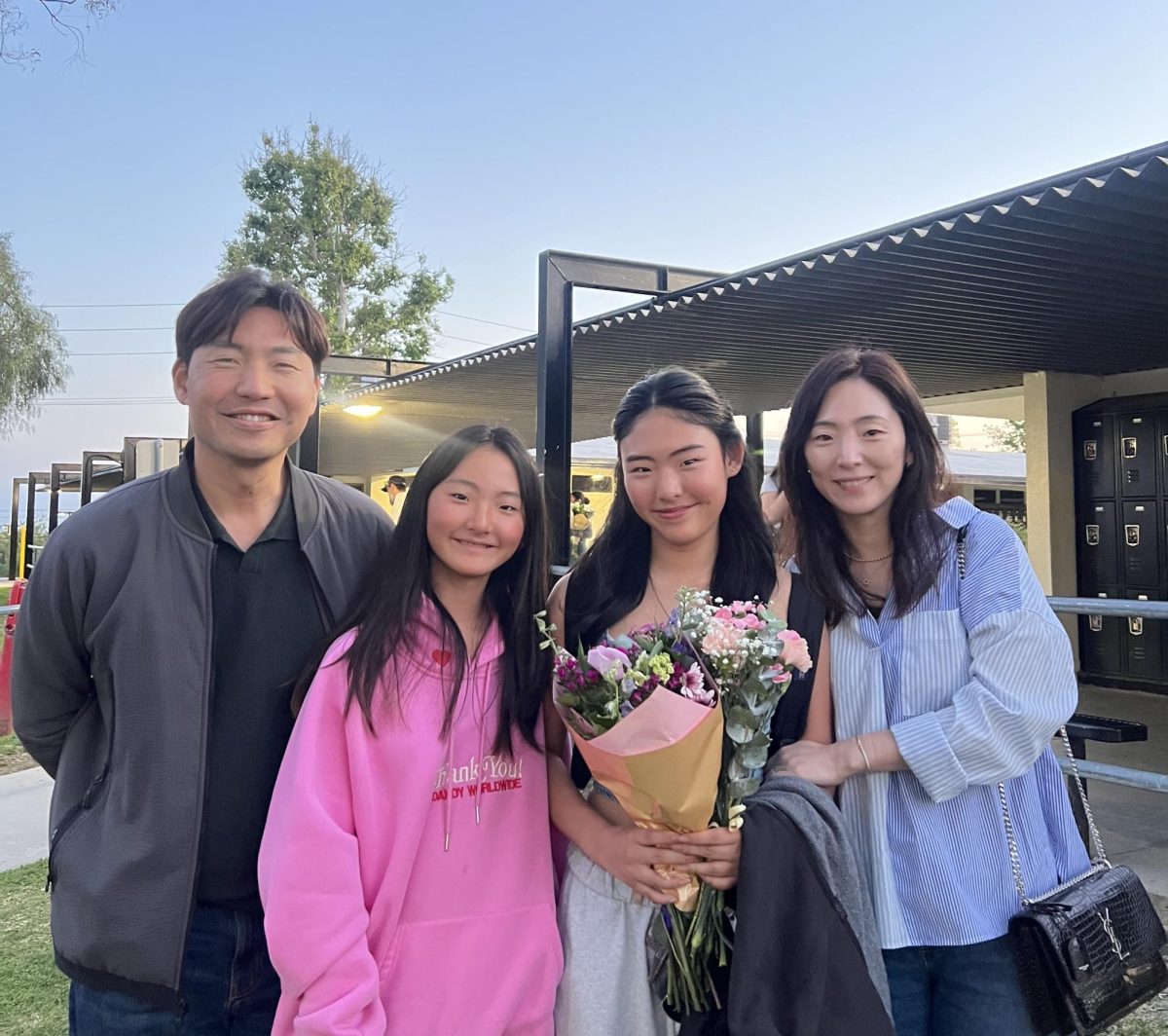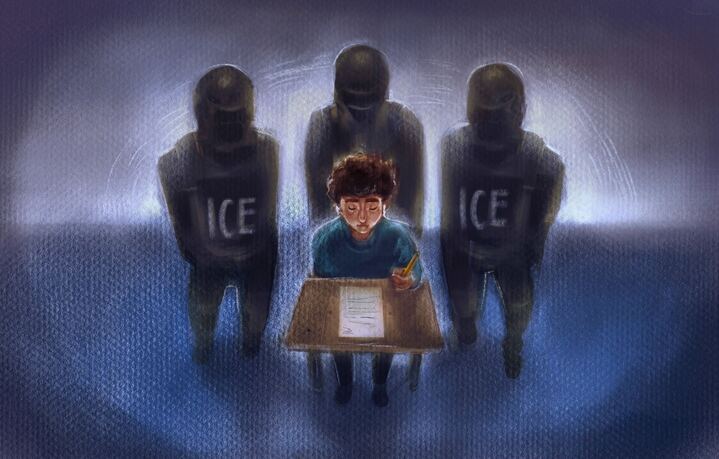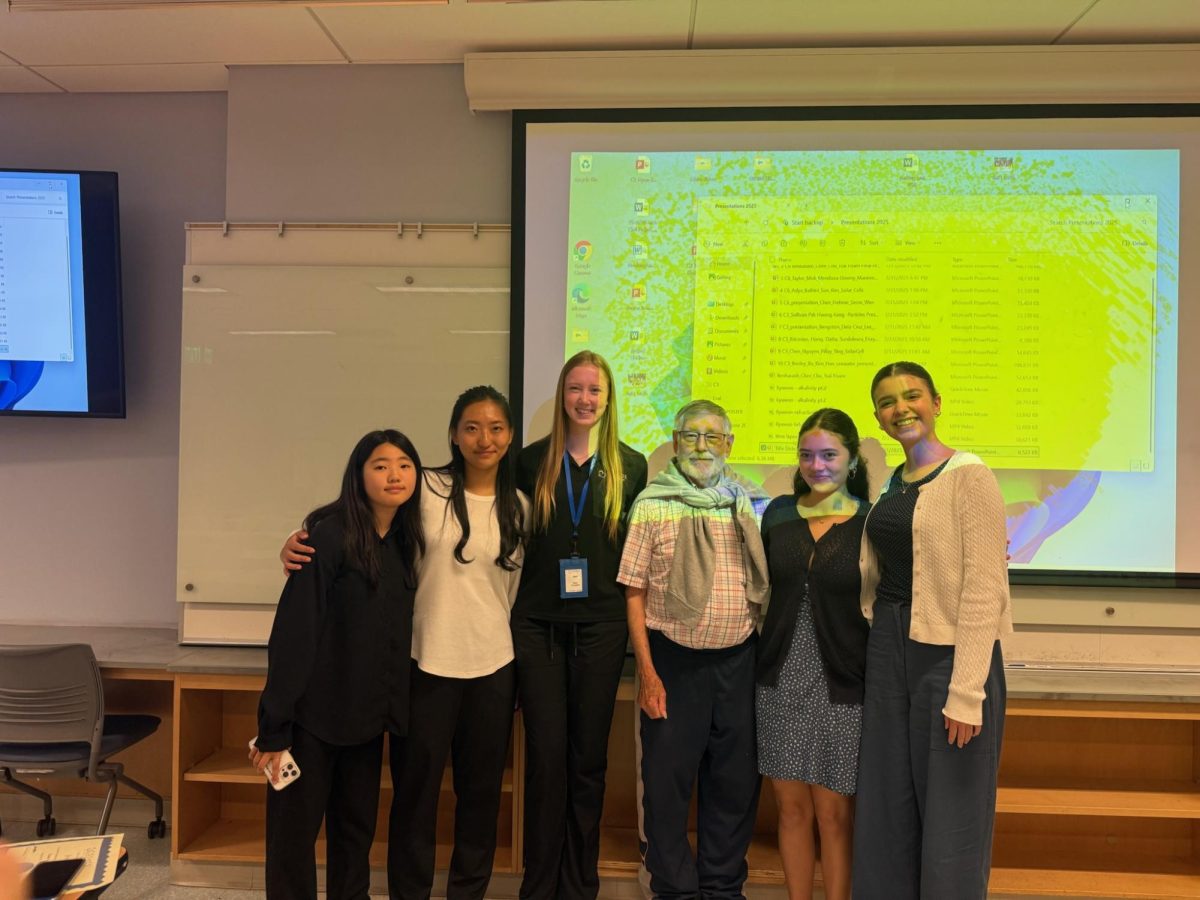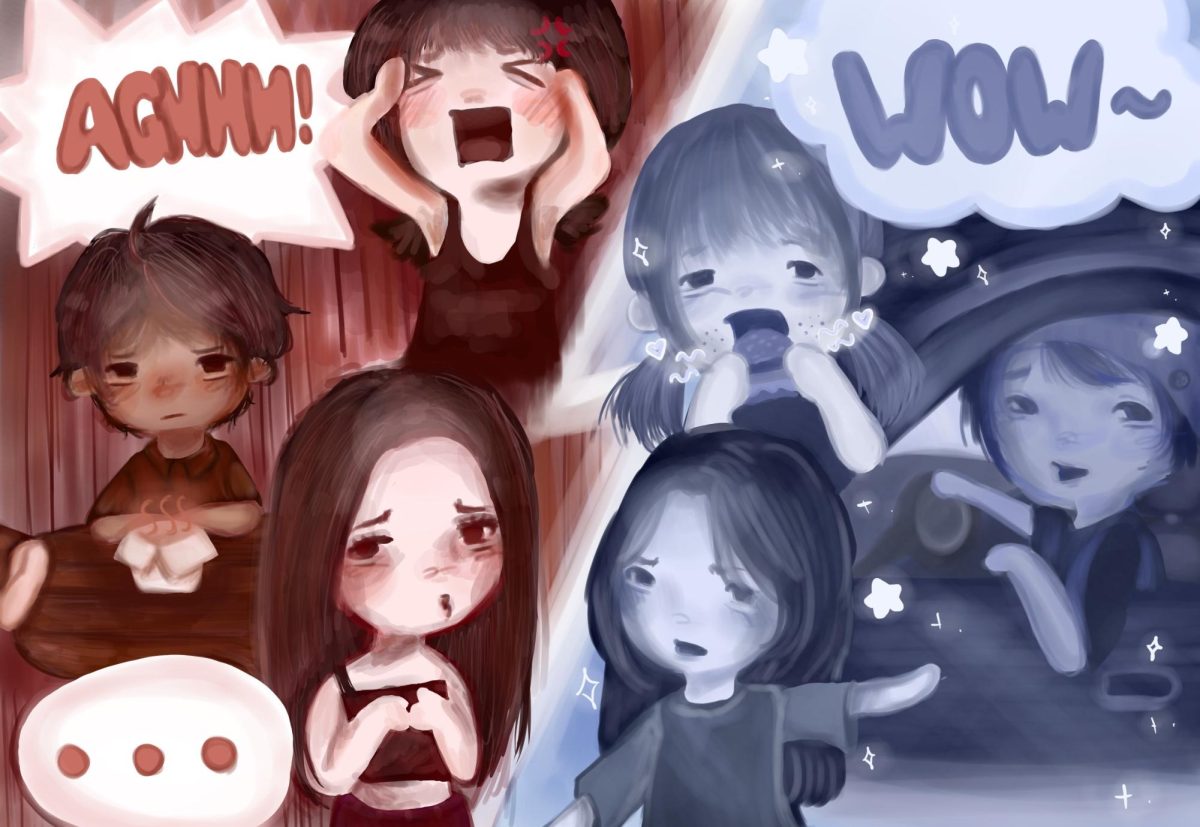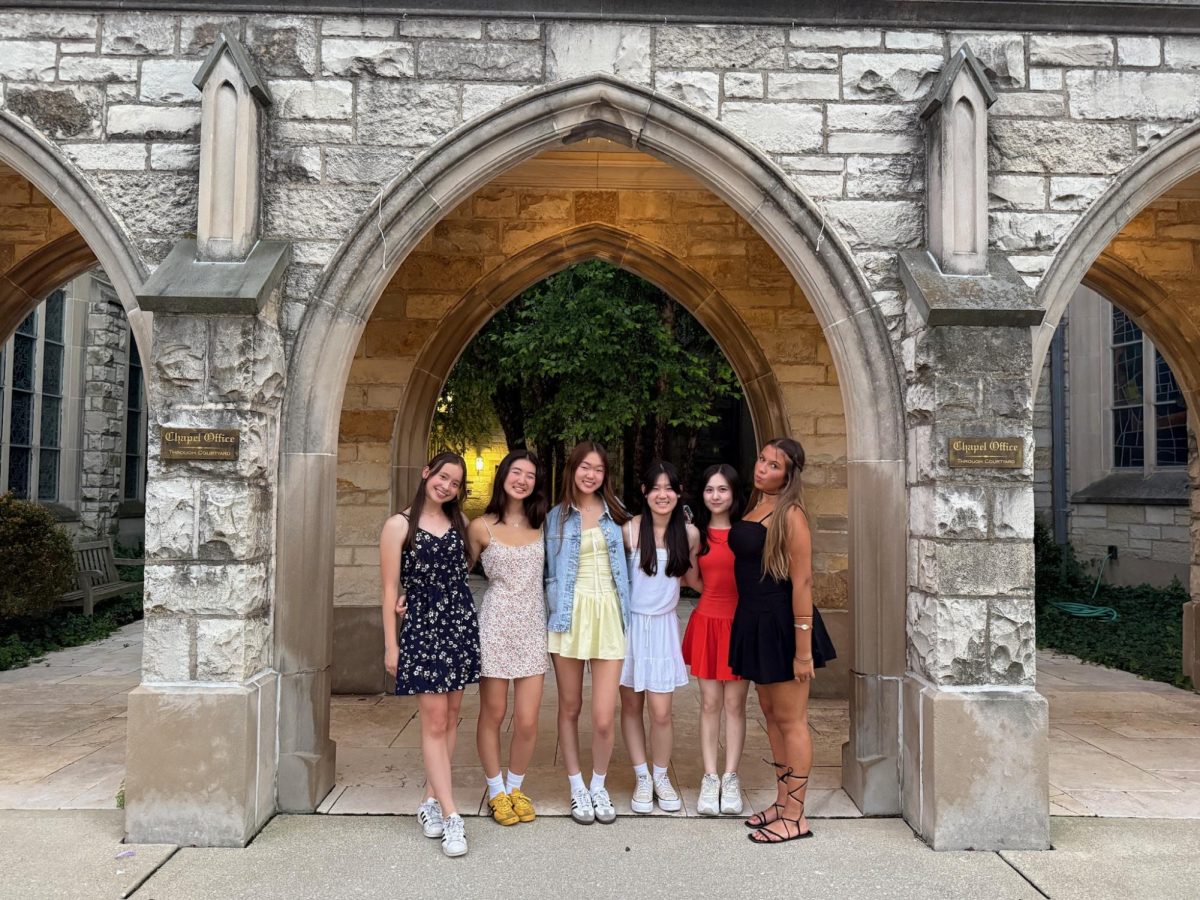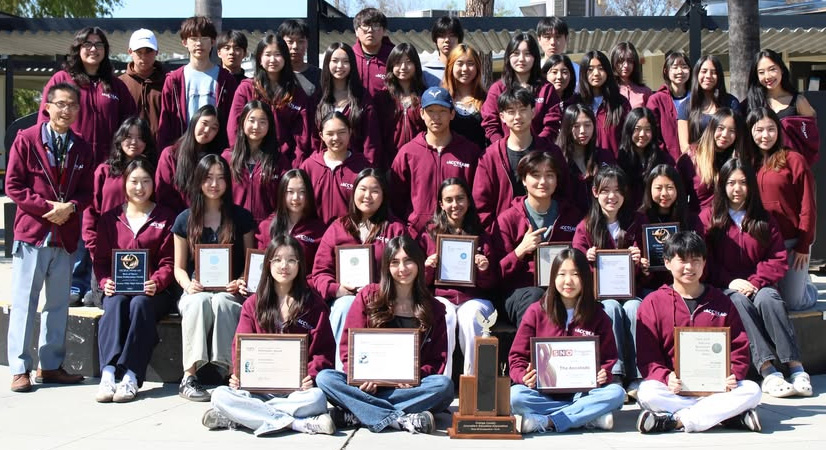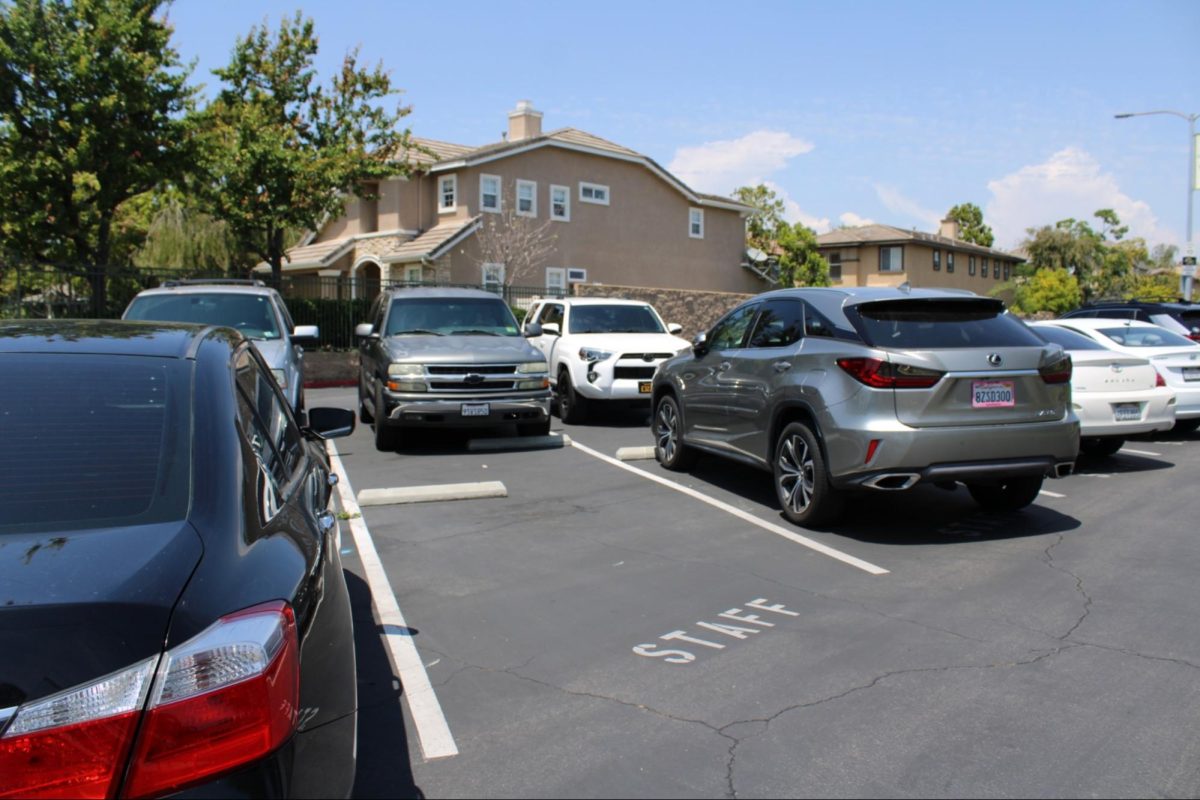The Accolade editorial board vote count: 16 consider Assembly Bill 104 to be beneficial toward students, 2 do not.
To some, the two years spent away from live classroom instruction opened a gateway to self-paced studying, but to others, the Zoom-administered classes were nothing but an inefficient method of education — one that would endanger academic achievements and a chance at high school graduation.
California Assembly Bill [AB] 104, however, now presents that latter group of students with a chance at redemption, and until Aug. 31 to claim it.
Signed by Gov. Gavin Newsom on July 1, AB 104 provides all high school students in California with the opportunity to “make up for lost instruction time,” as stated by Assembly woman Lorena Gonzalez, with optional grade changes, retention and exemption from local graduation requirements.
One important piece of the legislation allows grade 10-12 students with parent permission to replace letter grades for an unlimited number of classes from the 2020-2021 school year with “Pass” or “No Pass” marks instead – no questions asked.
For example, if COVID-19 challenges or other factors caused one pupil to earn a D in P.E., that can be changed into a “pass” on that person’s transcript. Or, if another person failed an Advanced Placement class, AB 104 helps the student replace the “F” with a “No Pass.”
Though such letter grades as “Ds” or “Fs” can negatively impact students’ grade point averages [GPAs], the “pass/no pass” option works in their favor by not calculating the changed grades into the GPA.
The value of a high school diploma should not be revoked because of unpredictable circumstances like the pandemic — it is imperative that students are not stripped of this opportunity to impact their future.
Those voting against the Assembly bill may argue that the pass/no pass option only acts as a shield to protect those who did not work efficiently enough throughout the school year to earn high grades — making it unfair for students who did.
However, The Accolade asserts that the students opposing AB 104 may not need to feel such resentment.
It’s important to consider that many students lived through circumstances in the pandemic that inhibited academic growth and attentiveness during class. COVID-19 put students whose home environments were unsuitable for proper learning at an unfair disadvantage — this bill, however, will offer a chance to counteract that negative impact.
Although AB 104 may elicit displeasure from some students, The Accolade agrees that it will compensate for the academic inconveniences caused by distance learning.


